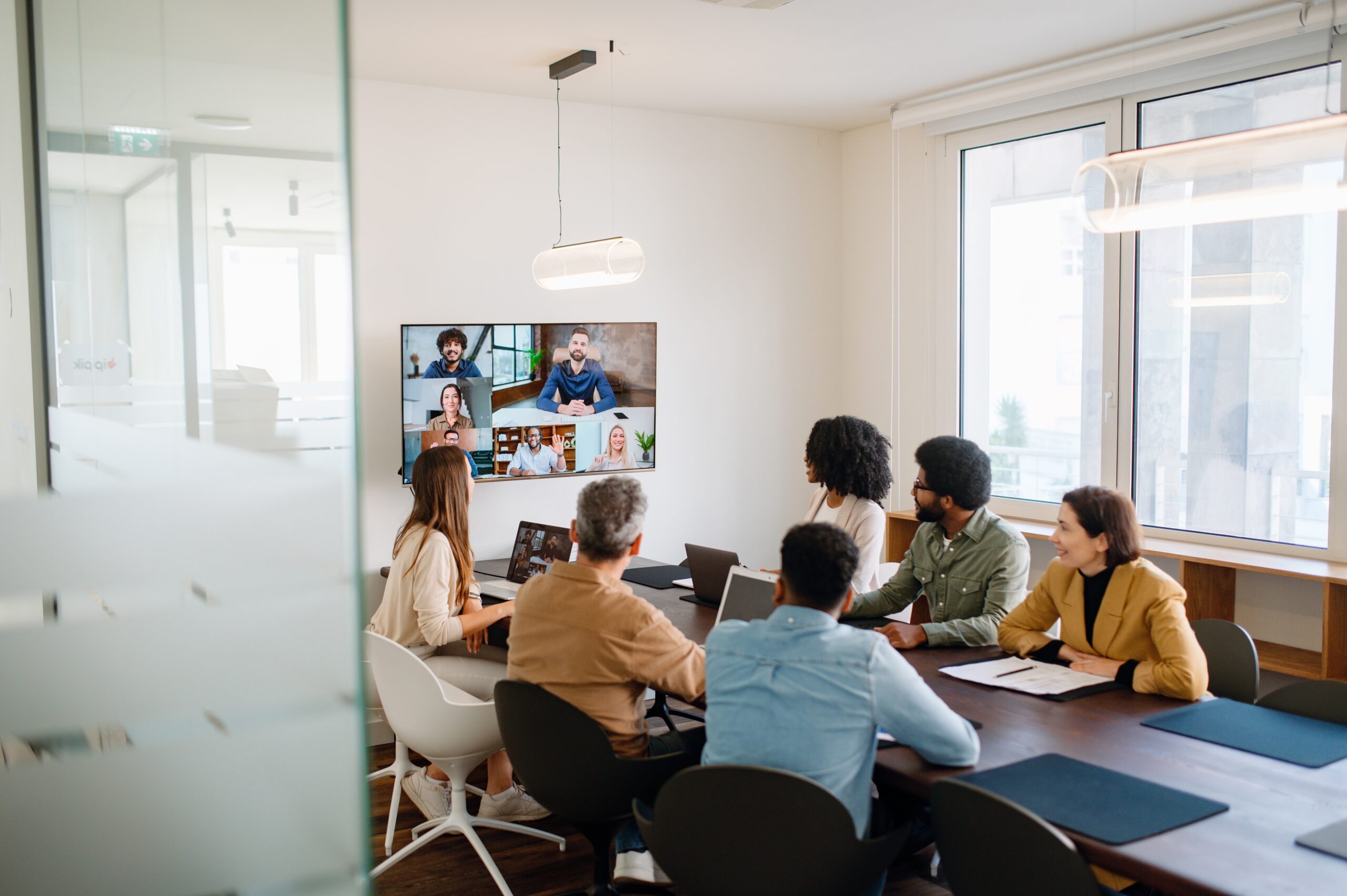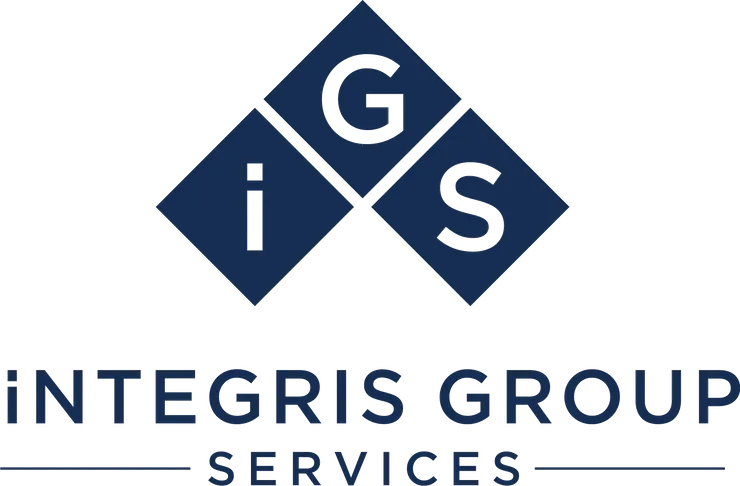Modern Workplace Strategy
Is your organisation adapting to the modern workplace strategy of supporting remote work, wellbeing, and resilience?
As we navigate the rapidly changing landscape of the modern workplace, it is essential to anticipate and adapt to the new operating climate, as well as the needs and expectations of our people.
At Integris Group Services, we are committed to helping our clients in this evolving environment by implementing an effective Modern Workplace Strategy.
There are also valuable resources that provide a broader look at the modern workplace [i], but here we focus on practical strategies such as remote working, employee wellbeing, and organisational resilience to help your organisation succeed.
Strategies for Working Remotely: The New Normal
The COVID-19 pandemic has permanently changed the way we work, making flexible working a key feature of the modern workplace. To thrive in this new environment, organisations should:
Employee Wellbeing: A Strategic Priority
The importance of employee wellbeing has been magnified by the pandemic. To support your workforce effectively, and contribute to Organisational Resilience, consider these strategies:
Embrace Flexible Working Arrangements:
Work with your employees to set working hours that suit both their ability to succeed in their role as well as their need for work-life balance. These arrangements are key to thriving in a modern workplace that values Employee Wellbeing and supports a people-first approach to organisational culture [ii].
Enable Access to Mental and Physical Health Support:
Offer access to mental health resources such as counselling services or an Employee Assistance Program (EAP). Promote physical health through virtual fitness classes or wellness challenges, ensuring a holistic approach to Employee well-being in the modern workplace.
Adopt Empathetic Leadership Principles:
Train managers to recognise signs of stress and burnout. Encourage open conversations about mental health and provide support as needed, fostering a culture of support that enhances both Employee well-being and Organisational resilience. Effective leadership [iii], rooted in empathy, addresses immediate concerns and strengthens teams over the long term by fostering trust and resilience.
Organisational Resilience: Building a Future-Ready Workforce
Building organisational resilience is crucial for adapting to change and overcoming disruptions. Practical steps include:
The Role of Data and Insights
Data-driven decision-making is essential for shaping an effective modern workplace strategy. To leverage data effectively:
Humanise Employee Development and Performance Improvement
Use data to tailor employee development plans and recognition programs, ensuring they meet your workforce’s specific needs and preferences.
Utilise Analytics for Organisational HR Trends
Use HR analytics tools to monitor key metrics like employee engagement, turnover rates, and productivity. Regularly review these metrics to identify trends and areas for improvement.
Embrace AI and Machine Learning for Workforce Productivity
Integrate AI tools to automate routine tasks, such as scheduling meetings or analysing large data sets, freeing up time across your team to focus on more strategic-level activities.
Embracing Diversity and Inclusion
Diversity and inclusion are critical for a thriving workplace. Practical steps to foster an inclusive environment include:
In Conclusion
A successful Modern Workplace Strategy demands a practical approach that embraces remote working, prioritises employee wellbeing, builds organisational resilience, and uses data-driven insights to stay competitive.

At Integris Group Services, we are here to help organisations navigate this evolving landscape with strategies that lead to lasting success. By staying ahead of trends and fostering a supportive and inclusive culture, businesses can adapt and thrive in the modern work environment.
But are you ready to embrace these changes and drive your organisation forward?
It is essential for organisations to remain agile and open to new ideas. The ability to anticipate and respond to emerging trends will be key to sustaining success and driving long-term growth. We are dedicated to guiding our clients through these changes and helping them achieve their full potential in the dynamic world of work.

